- Learning time
- 30 minutes
- First play time
- 60 minutes
Flash Point: Fire Rescue
Designed by: Kevin Lanzing
Flash Point: Fire Rescue is a co-operative game: players must work together to put out a fire, or at least save a number of potential victims before the structure collapses around them.
Gameplay is pretty straightforward – each player takes a specialist role from the fire department, and on their turn they have a number of available action points to spend: these are usually used either to move your firefighter around the board (which represents a burning building), or to extinguish fire, but they can also be used to chop down walls, drive vehicles, and carry victims to safety.
After each player moves their fire officer around the blaze, they must roll the dice at the end of their turn to see where exactly the fire is spreading. The board is gridded, and the dice tell you where in the grid to place a smoke marker. If there is a smoke marker already there, it gets flipped to a flame marker. If there is a flame marker already there, there is an explosion! We won’t go into the details here, but that’s bad.
Play continues with the players both fire-fighting and attempting to rescue as many victims as they can, some of whom will turn out to be false alarms. It ends either when a certain number of victims have been rescued, or fire causes the building to collapse!
Simple rules and co-operative play make this a great introductory game for children.
The guru's verdict
-
Take That!
Take That!
None - apart from the game itself, which is out to get you. Players work as a team.
-
Fidget Factor!
Fidget Factor!
Fairly low; because of the co-operative nature of the game players can help each other decide their moves.
-
Brain Burn!
Brain Burn!
Low.
-
Again Again!
Again Again!
Players can play a basic game or a more complex version. The board is double-sided with different options, there are different roles to play and the spread of fire is decided randomly.

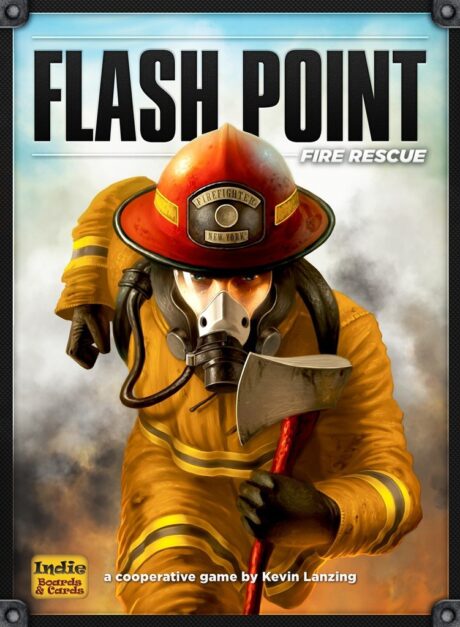
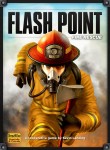
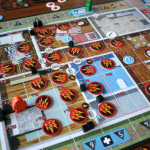
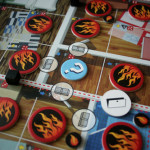
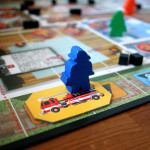
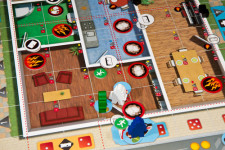
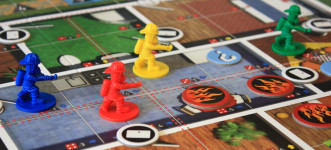


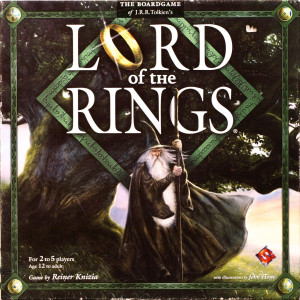
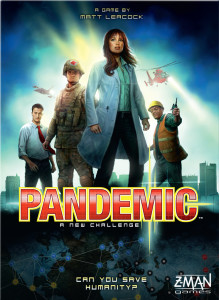
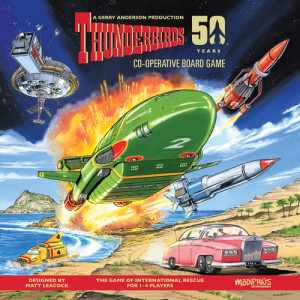
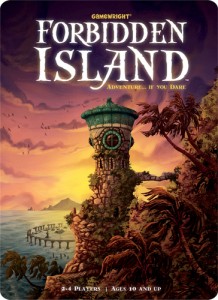
Sam says
On a personal level I find Flash Point a little bit fiddly, with chits and constant die-rolls. But then the game isn't really designed for me; it's very much a family game that encourages teamwork and co-operation. And in that sense it works very well - plus it can be a hard game to win, so there's a tangible sense of achievement when you do pull something off against the odds.